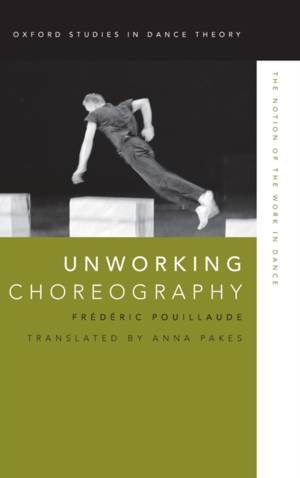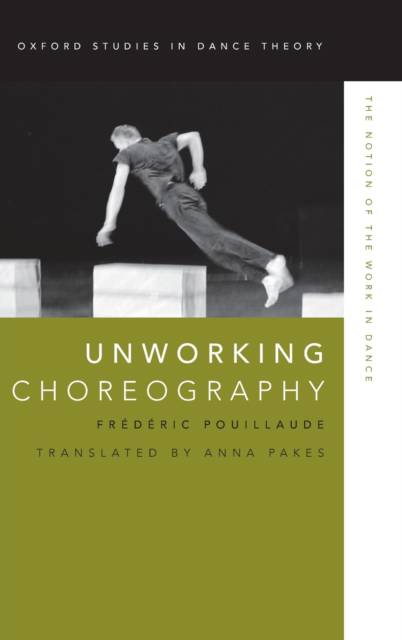
Bedankt voor het vertrouwen het afgelopen jaar! Om jou te bedanken bieden we GRATIS verzending (in België) aan op alles gedurende de hele maand januari.
- Afhalen na 1 uur in een winkel met voorraad
- In januari gratis thuislevering in België
- Ruim aanbod met 7 miljoen producten
Bedankt voor het vertrouwen het afgelopen jaar! Om jou te bedanken bieden we GRATIS verzending (in België) aan op alles gedurende de hele maand januari.
- Afhalen na 1 uur in een winkel met voorraad
- In januari gratis thuislevering in België
- Ruim aanbod met 7 miljoen producten
Zoeken
Unworking Choreography
The Notion of the Work in Dance
Frederic (Lecturer in the Philosophy of Art, Lecturer in the Phi
€ 205,45
+ 410 punten
Omschrijving
Unworking Choreography considers how philosophy traditionally understands dance as space rather than art in order to postulate a new theory of unworking that is grounded in both historical and contemporary dance. work production.
Specificaties
Betrokkenen
- Auteur(s):
- Uitgeverij:
Inhoud
- Aantal bladzijden:
- 378
- Reeks:
Eigenschappen
- Productcode (EAN):
- 9780199314645
- Verschijningsdatum:
- 4/05/2017
- Uitvoering:
- Hardcover
- Afmetingen:
- 244 mm x 164 mm
- Gewicht:
- 201 g

Alleen bij Standaard Boekhandel
+ 410 punten op je klantenkaart van Standaard Boekhandel
Beoordelingen
We publiceren alleen reviews die voldoen aan de voorwaarden voor reviews. Bekijk onze voorwaarden voor reviews.









